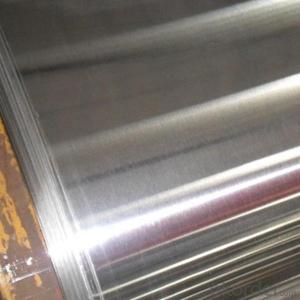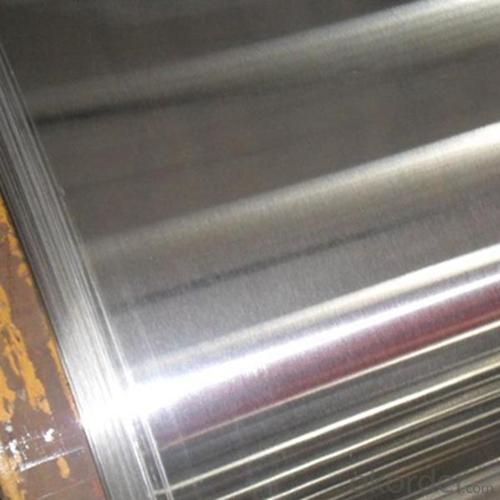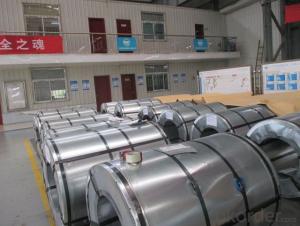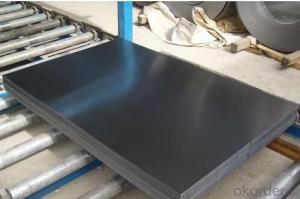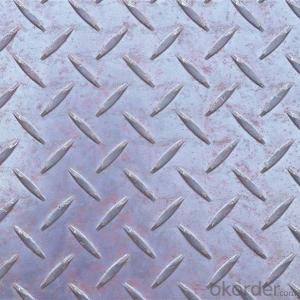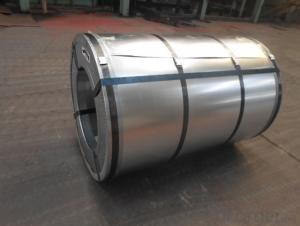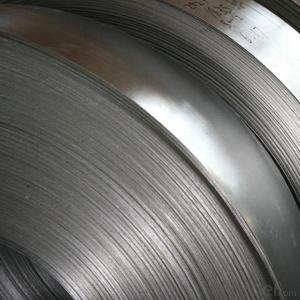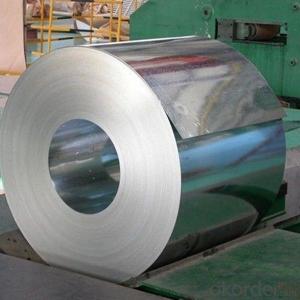Stainless Steel Coils NO.1 Made In China
- Loading Port:
- Shanghai
- Payment Terms:
- TT OR LC
- Min Order Qty:
- 22 m.t.
- Supply Capability:
- 10000 m.t./month
OKorder Service Pledge
OKorder Financial Service
You Might Also Like
Specification
Description for Stainless Steel Coils/Sheets:
Prodcut:Stainless Steel Coil
Thinckness: 0.20mm-8.0mm
Width:1000mm, 1219mm(4 feet), 1250mm, 1500mm, 1524mm(5 feet),
1800mm, 2000mm, 2200mm, 2500mm,and customizable
Ni:0.8~1.2% Cu:1.4~1.5% Cr:14
Standard: ASTM, JIS, GB, BS, DIN etc
Grade: 200series&300series&400series
Surface finish: 2B, BA, 8K, 6K, Mirror Finished, No1, No2, No4, Hair Line with PVC
Manufacture technology: cold rolled/hot rolled
Thickness Tolerance: +/-0.1mm
Width Tolerance: +/-10mm
200 Seriers: 201,202
300 Seriers: 301, 304, 304L, 316L, 309, 310S,321
400 Seriers: 410, 410S, 409L,430
Our Service
1.High quanlity and reasonable price.
2.Customized on-demand.
3.Reasonable shipping and fast delivery.
4.Free sample.
Specifications for Stainless Steel Coils/Sheets:
ITEM | DESCRIPTION |
Commodity | Stainless Steel Coil |
Material | 201, 202, 301, 321, 304, 304L, 316, 316L, 309S, 310S, 410, 430, etc. |
Surface | 2B, BA, 8K, No. 4 No.1 |
Standard | AISI, ASTM, DIN, EN, GB, JIS, etc. |
Specification | 1. Thickness : 0.3mm -120mm |
Application | 1. Automotive: Automotive trim and molding/Difficult-to-form exhaust-system |
Process | Hot rolled / cold rolled |
Payment | L/C,T/T |
MOQ | 20 Ton |
Productivity | 700 tons per month. |
Package | Standard seaworthy export packing or according to the customers' request. |
Delivery Time | It is based on the order, normally within 30 days after receiving your advance payment. |
Note | We can produce other standard as the customers' requirement. |
Detail picture for Stainless Steel Coils/Sheets
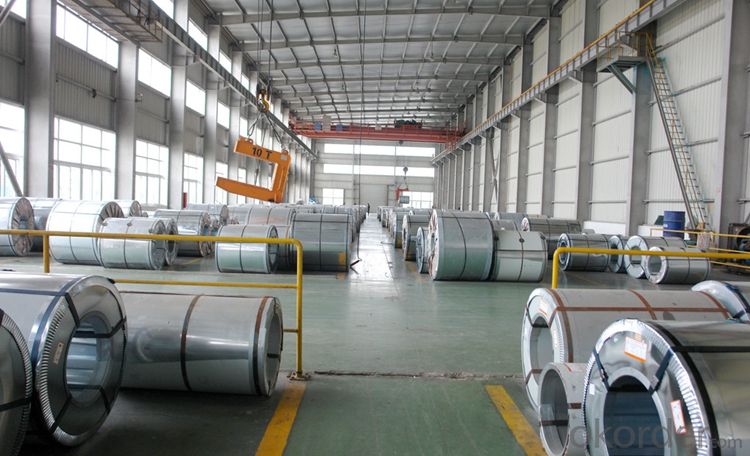
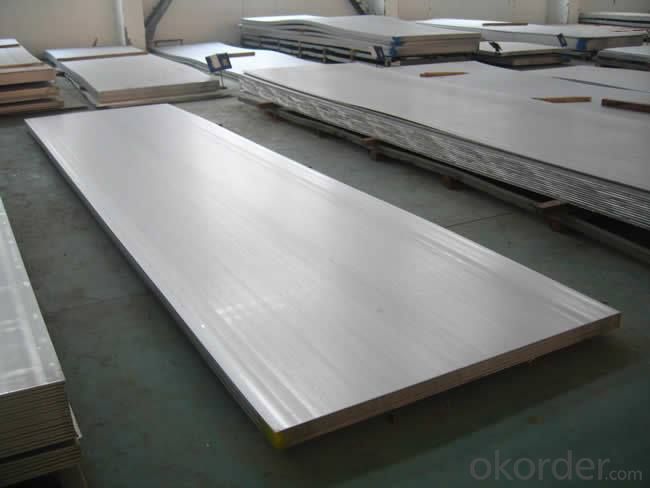
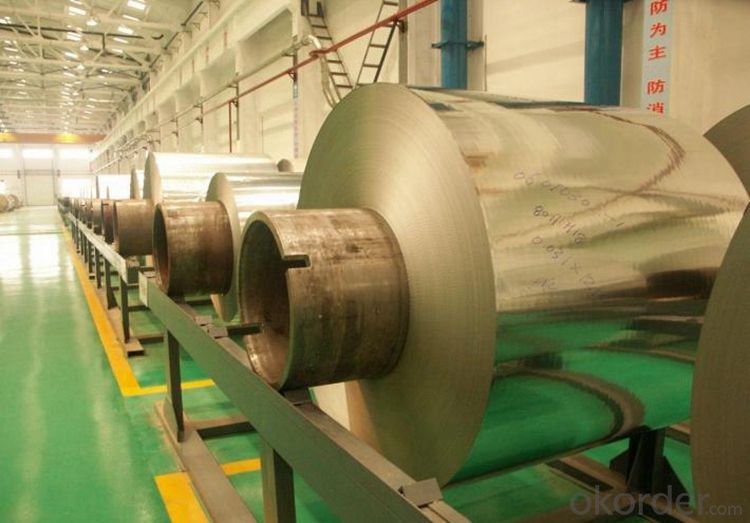
Application of Stainless Steel Coils
(1)Boiler heat exchanger,
(2)Chemical industries,
(3)Hardware fields,
(4)Construction material,
(5)Kitchen utensils,
(6)Building construction,
(7)Medical equipment,
(8)Chemical tank,
(9)Pipe etc
Export Markets for Stainless Steel Coils/Sheets:
Our target market is the international market. Every year we export most of products to countries like India, Pakistan, South Korea, Brazil, Australia, South Africa, Spain, Sri Lanka, Taiwan, Hong Kong, etc.
FAQ for Stainless Steel Coils/Sheets:
Q:What are the advantages of your company ?
A: We have many professionals, technical personnel, more competitive prices and best after-dales service than other stainless steel companies.
Q:Can you arrange the shipment ?
A: Sure we can help you with the shipment. We have forwarders who have cooperated with us for many years.
- Q: How do steel coils contribute to fire resistance in buildings?
- Steel coils contribute to fire resistance in buildings primarily due to their material properties. Steel is a non-combustible material, meaning it does not burn or contribute to the spread of fire. It has a high melting point, which helps it retain its structural integrity even under high temperatures. Additionally, steel coils are often used as structural elements in building construction, providing strength and stability to the overall structure. This helps prevent the collapse of the building in case of a fire, providing occupants with more time to evacuate safely.
- Q: Consider a steel rod of diameter 4.5 mm and length 3.3 m. If a compressive force of 4900 N is applied to each end, what is the change in the length of the rod?
- You need to calculate the stress on the rod and compare this with the mechanical properties of the steel. It would help if you were given more info. You will need to know something about the steel such as the yeild stress and E, the modulus of elasticity. The value of E is about the same for a wide range of steels. So long as the applied stress is below the yield stress, the strain is all elastic and is calculated from E. The real answer is that you can not answer this question since you do not know what the temperature is. Given the applied load, the change in length will be much different at room temperature than at 1500C.
- Q: hello friends, I have some old 7.62x54r on stripper clips its nasty gunk on it can i use steel wool to glean it and still have it fire safely?
- * Yes, but I use both fine steel wool and Liquid Brasso Metal Polish on mine.* You can buy it at any Hardware and I believe Walmart carries it.* Great stuff.*
- Q: Is Ace Steel's wrestling school still running?And do you know if their are any other wrestling schools in chicago?
- Steel Domain
- Q: What are the different types of steel coil loading and unloading methods used during processing?
- There are several different methods used for loading and unloading steel coils during processing. Some common methods include overhead crane lifting, forklift transportation, coil cars, and coil transfer cars. Each method has its own advantages and is chosen based on factors such as the size and weight of the coils, the available equipment, and the layout of the facility.
- Q: my sister is making rolls and we have no idea what steel cut oats are. can someone please help with this?
- It does NOT look or cook like oatmeal but is made from the same grain. It takes much longer to cook since it is a whole grain, and tastes very good by the way. If you hate the slimy feel of oatmeal, this is the one to try, with all the same nutritional goodness of oatmeal. You can find it in most grocery stores in the hot cereal aisle. EDIT: you are right Mnt. Camp, steel cut is better that the regular oatmeal.
- Q: Can steel coils be painted?
- Yes, steel coils can be painted. Painting steel coils is a common practice to enhance their appearance, protect them from corrosion, and provide additional durability. The coils are typically cleaned, prepped, and coated with a primer before applying the desired paint color.
- Q: How are steel coils processed?
- Steel coils are processed through a series of steps that include uncoiling, levelling, cutting, and recoiling, ensuring the steel is transformed into the desired shape and size for various applications such as construction, automotive, and manufacturing industries.
- Q: What are the typical dimensions of a steel coil?
- The typical dimensions of a steel coil can vary depending on its purpose and industry standards. However, common dimensions for steel coils include a width ranging from 600mm to 2000mm, a coil diameter of around 1000mm to 2000mm, and a weight capacity ranging from a few tons to several dozen tons.
- Q: How are steel coils stored and transported?
- Steel coils are typically stored in large warehouses or outdoor storage yards. They are stacked horizontally on top of each other, with wooden or steel supports placed between each coil to prevent damage. When it comes to transportation, steel coils are usually loaded onto flatbed trucks, railcars, or shipping containers. Specialized equipment such as coil racks or coil cradles may be used to secure and stabilize the coils during transport.
Send your message to us
Stainless Steel Coils NO.1 Made In China
- Loading Port:
- Shanghai
- Payment Terms:
- TT OR LC
- Min Order Qty:
- 22 m.t.
- Supply Capability:
- 10000 m.t./month
OKorder Service Pledge
OKorder Financial Service
Similar products
Hot products
Hot Searches
Related keywords
